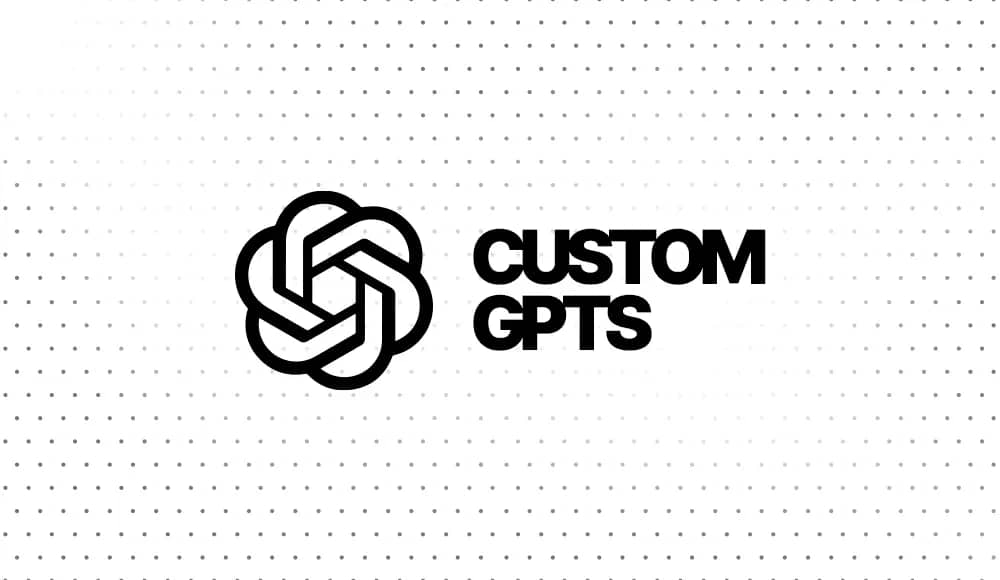|
Ask for things. Ask for things that feel unreasonable, to make sure your intuitions about what's reasonable are accurate (of course, try not to be a jerk in the process). If you're only asking for things you get, you're not aiming high enough.
― Cate Hall
July 4th fireworks will be cracking all weekend around here, but the real highlight lately has been watching my daughter finishing her last-ever softball tournaments—definitely an end of an era moment. If you’re in the mood for something a bit less tear-inducing (and blissfully air-conditioned), give our chat with aNewSpring a listen. We dig into how a marketing mindset can help you break free from the one-size-fits-none curse in your learning programs.
Thanks for reading!
|
|
|
sponsored
Win a $500 Amazon card and a career strategy consultation
Showcase your eLearning authoring skills in the iSpring Course Creation Contest! Build a mini course on any topic, get personalized feedback from 15+ industry experts, and get a chance to win one of the following prizes: a $500 Amazon gift card, a career strategy consultation, an up to 30% discount on iSpring Suite, and seven other exciting awards!
|
|
|
📰 News & Notes
Your Synthetic Educator Looks Perfect, But Can It Actually Teach?
The Rundown: AI-powered synthetic educators are here, and Dr. Philappa Hardman has taken a dive into the relevant research for them. These lifelike, AI-generated tutors can mirror human teachers so convincingly that it’s hard to tell the difference. But behind the flawless avatars lie big questions about trust, pedagogy, and unintended harm.
The Context:
- New tools let you create hyper-realistic virtual educators that look and sound like real humans.
- Early experiments show learners often trust these avatars more than traditional online instructors.
- But this trust can be misplaced: learners frequently attribute expertise to synthetic educators, even when they’re inaccurate.
- This “illusion of competence” risks reinforcing misinformation and reducing critical thinking skills.
- Research also suggests these tools could drive homogenization in education—flattening diverse perspectives into polished but shallow content.
Why it Matters: L&D teams are under pressure to innovate. Synthetic educators promise scale, engagement, and cost savings. But if you don’t interrogate their design, you risk trading authentic learning for slick simulations. The allure of perfection can erode critical questioning—exactly the opposite of what great learning should cultivate.
How will you balance the efficiency of AI educators with the need for genuine human connection in your learning programs?
|
|
|
When Failure Feeds Learning
The Rundown: Paul Kirschner challenges the trendy idea that failure is always a great teacher. While “fail fast, fail often” sounds modern and catchy, research shows that unguided trial and error often harms learning more than it helps.
The Context:
- Learning by failing only works when learners already have enough background knowledge to make sense of mistakes.
- Without guidance, errors can reinforce misconceptions instead of correcting them.
- Discovery learning and similar approaches can overload working memory, especially for novices.
- Effective learning requires clear structure, targeted feedback, and support to help learners connect failure to improvement.
Why it Matters:
For L&D professionals, this is a wake-up call: encouraging failure without scaffolding can waste time and frustrate learners. If you want people to grow, design experiences where they have the tools to understand why they failed—and how to succeed next time. Structured practice beats blind experimentation every time.
How might your current training programs unintentionally promote unproductive failure—and what specific supports could you add to turn those missteps into meaningful learning?
|
|
|
APCA: A Smarter Way to Make Text Accessible
The Rundown: Traditional contrast guidelines often fall short for people with low vision or situational impairments. The Accessible Perceptual Contrast Algorithm (APCA) is a modern method that better predicts how text contrast affects readability — and why your learning content needs it.
The Context:
- APCA moves beyond the old WCAG contrast ratios by modeling human visual perception more accurately.
- Unlike legacy formulas, it accounts for how brightness, font weight, and size work together to impact clarity.
- APCA is designed for real-world conditions, including glare and aging eyesight.
- It outputs contrast as a perceptual lightness difference — not just a ratio — to better reflect what learners actually see.
Why it Matters:
Most learning teams rely on outdated contrast checks that can misrepresent true readability. With the APCA calculator, you can design training materials, slides, and interfaces that are genuinely accessible to everyone — not just technically compliant. As digital learning becomes more essential, getting contrast right isn’t optional. It’s a cornerstone of inclusion and effectiveness.
Are your learning materials truly readable for everyone — or just technically compliant?
|
|
|
sponsored
Combine AI, workflow productivity, and learning in one seamless experience
AI is here! However, until now, the tools were mostly for individual use, not so much for companies.
But with JoySuite’s AI-powered platform working + learning, access workflows, integrations, and sharing capabilities built for business, helping your people supercharge everything they do.
See how your team can work smarter, learn faster, and feel empowered in the age of AI—register for “The Future of AI for Working + Learning” webinar on July 16.
|
|
|
🧰 Tech Tools & Tips
If tools are your jam, check out my Work Smarter newsletter.

Custom L&D GPTs
8 custom GPTs that help L&D pros create sharper learning (in half the time).
|
|

Fire Mods for Rise
A free, lightweight script that upgrades your Rise 360 courses with custom features and styling.
|
|
|
|
🎧 Podcast of the Week
This is the conversation that caught my ear this week. Check out previous episodes in the Friday Finds podcast playlist.
Subject Line Tests
Discover subject line strategies L&D can steal from marketing to boost engagement. These techniques work for emails, course titles, and training announcements. Get actionable tips for crafting compelling messaging that grabs attention and drives participation.
|
|

|
|
|
|
🧳 Where’s Mike?
If you or your event needs a speaker or workshop that is highly interactive and super practical, we should talk.
|
|
|
Subscribe to this newsletter
"Friday Finds is essential for staying current in the ID industry. The quick takeaways on each article are a huge time-saver." -JM |
|
|
Like this newsletter? Share it with someone you love. Don’t like it? Share it with someone you don’t!
Friday Finds is an independent publication that I produce in my free time. You can support my work by sharing it with the world, booking an advertising spot, or buying me a coffee.
|
|
|